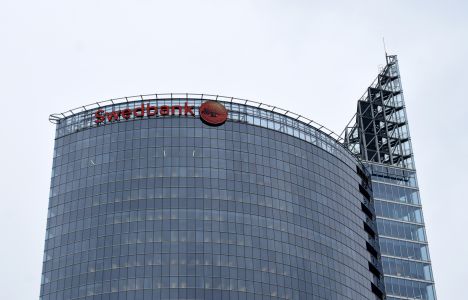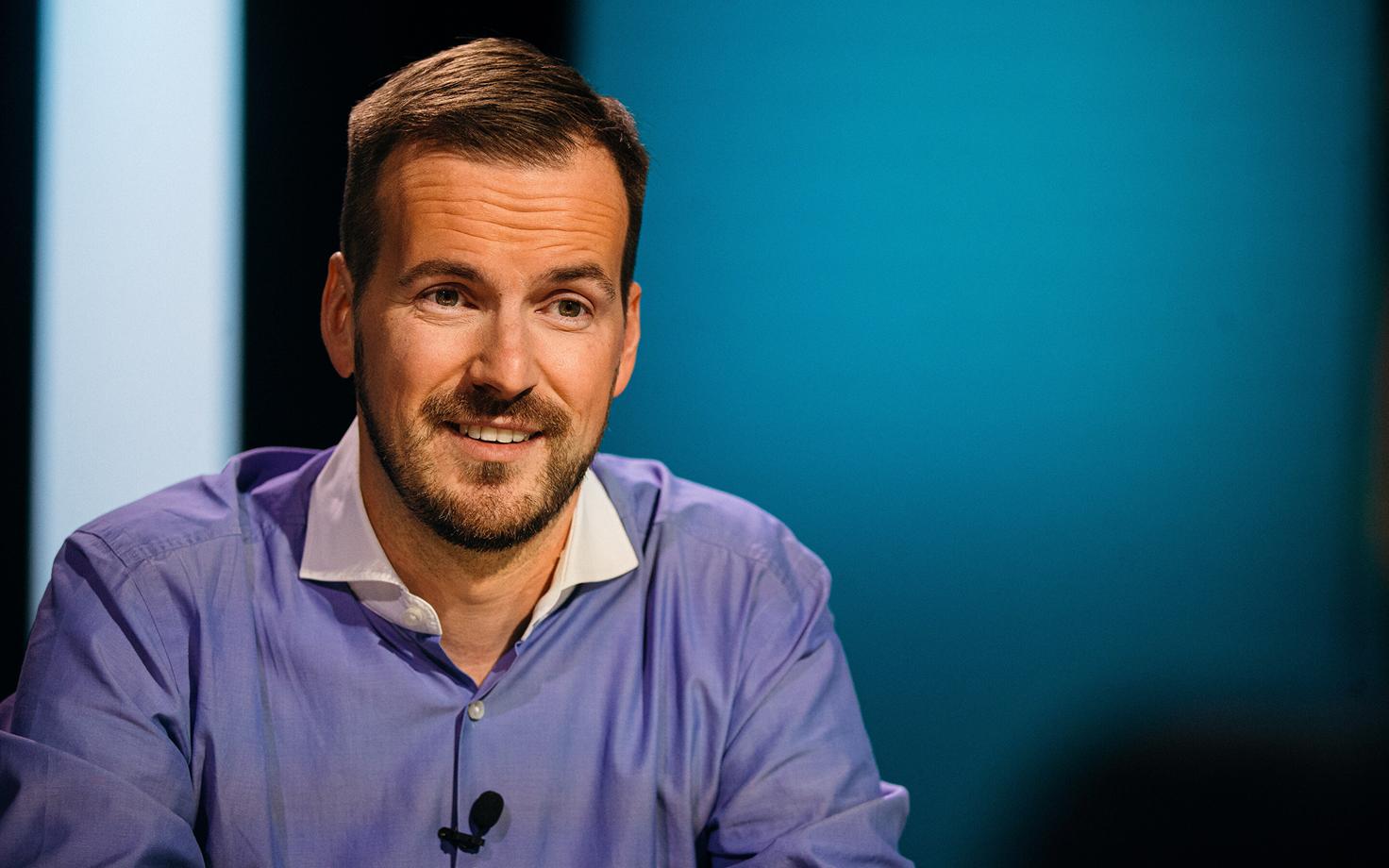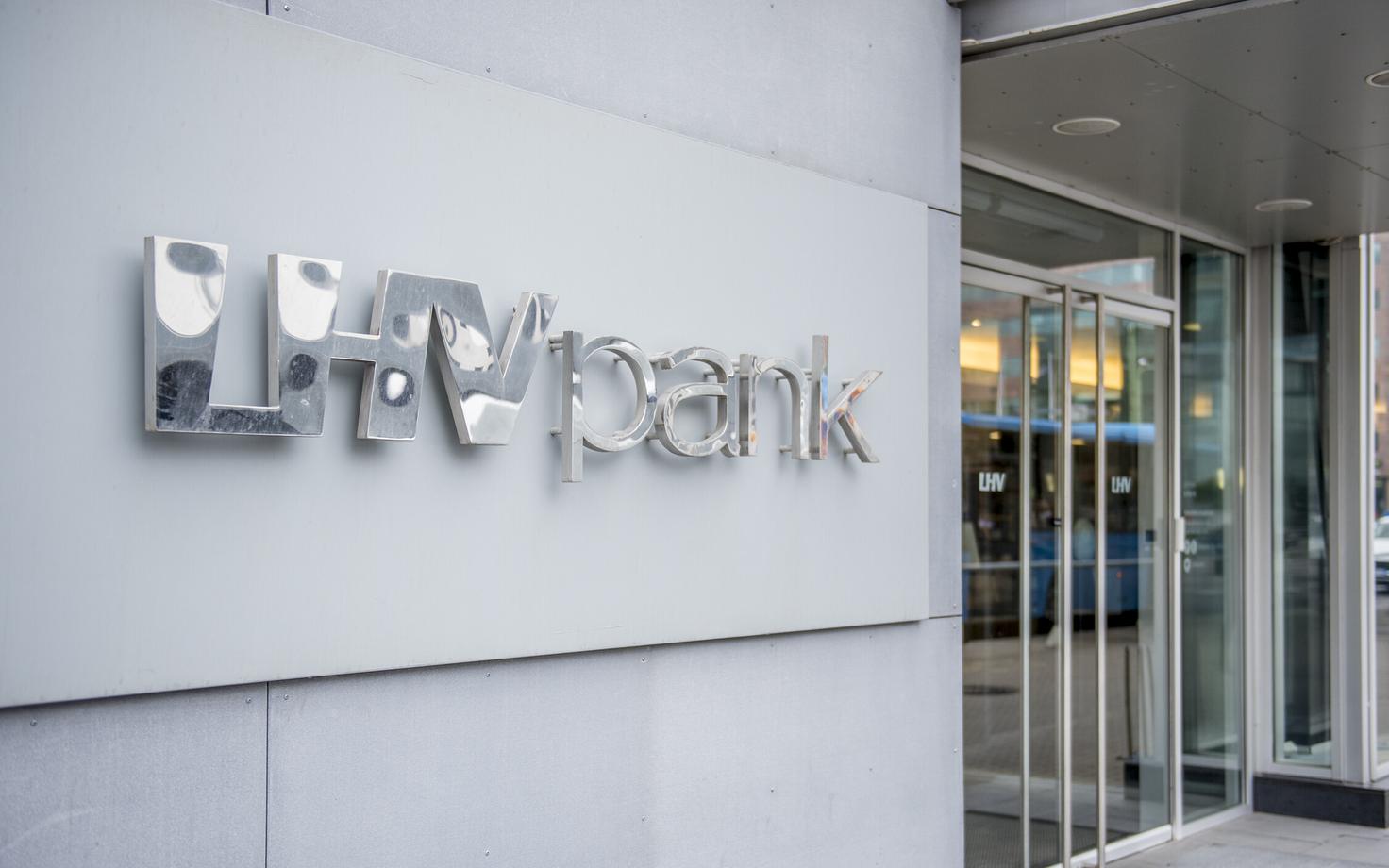Citing confidentiality, AS Swedbank has decided to refrain from commenting on information reported by Swedish television regarding the bank’s involvement in money laundering, said the bank’s Risk Management Office in Latvia Juris Bogdanovs.
Baltic research journalist centre Re:Baltica, which was Swedish television’s partner in Latvia, published a material, stating that among Swedbank’s clients in Latvia was a firm that was supposed to present documents regarding the origin of their money flow and true owners to supervisory institutions and the bank itself.
Materials of the investigation that lasted nearly half a year were published this Wednesday. The investigation is based on leaked database of inter-bank transactions. Journalists studied this database and outlined 50 Swedbank clients whose activities showed several red flags or risks. This includes no knowledge of those companies’ owners, the fact that they were registered in offshore territories or suspicious jurisdictions, as well as simple impossibility to prove what type of business directions those companies had.
Re:Baltica notes there had been suspicious transactions carried out between Danske Bank’s and Swedbank’s Baltic branches in 2007-2015. The total size of said suspicious transactions was USD 5.8 billion. Of this amount USD 26 million are associated with the largest Russian tax fraud case that was investigated by Sergei Magnitsky. USD 26 million went through 50 accounts from Danske Bank to Swedbank through firms that were used in the money laundering scheme investigated by Magnitsky from 2008 to 2009.
Re:Baltica reported that the company in question – Aora – had received EUR 1.4 million in several transfers from British firm LCM Alliance LLP. This company name is mentioned as one of the main money laundering corridors in the so-called Azerbaijan Laundromat.
Baltthermo had received approximately USD 1 million from several offshore firms between 2008 and 2011 for gas boilers and equipment sold in Russia. A company Zelta bruģis received nearly USD 30 million in the form of a loan between 2014 and 2015 from some firm in Hong Kong. In 2012, Zov Group received in several transfers EUR 278,000 from Hong Kong-based Evergreat Impex Limited.
The head of Swedbank Risk Management Office head in Latvia admits the bank is not allowed to publicly comment information about its clients, including former ones.
«Partially this is related to the bank’s operations, which is based on confidentiality principles, but most of all this is related to the Money Laundering and Terrorism Financing Prevention Law, which prohibits informing clients or third persons with reports submitted to authorities dealing with financial crimes,» explained Bogdanovs.
He stresses that Swedbank’s efforts to prevent money laundering cases can be based on externally received warnings. Publicly reported information is one such example.
«One such example is Magnitsky case, as well as information that surfaced in the media space in relation to Danske Bank. However, in spite of this, it does not mean we have the right to breach confidentiality principle or disclose information that can only be provided to institutions investigating the case,» said the Swedbank representative.
Commenting the question if Swedbank has plans to survey if firms do partake in illegalities detailed in reports, Bogdanovs said the bank checks its client’s cooperation partners in different databases. This includes the reputation of cooperation partners and true beneficiaries. The bank also compares clients’ activities with activities of other clients working in the same field.







